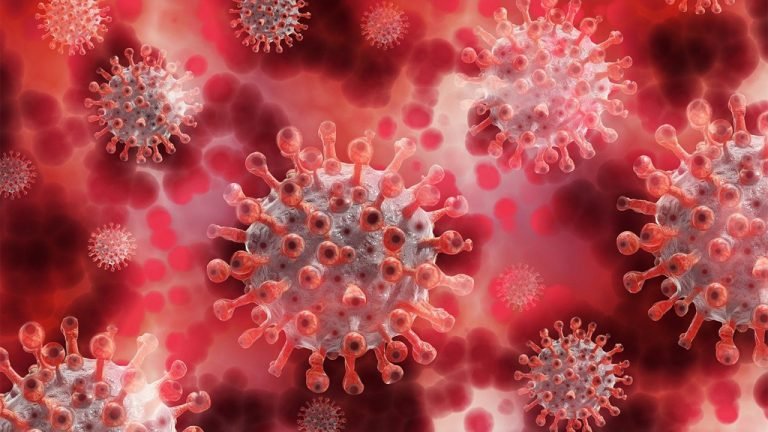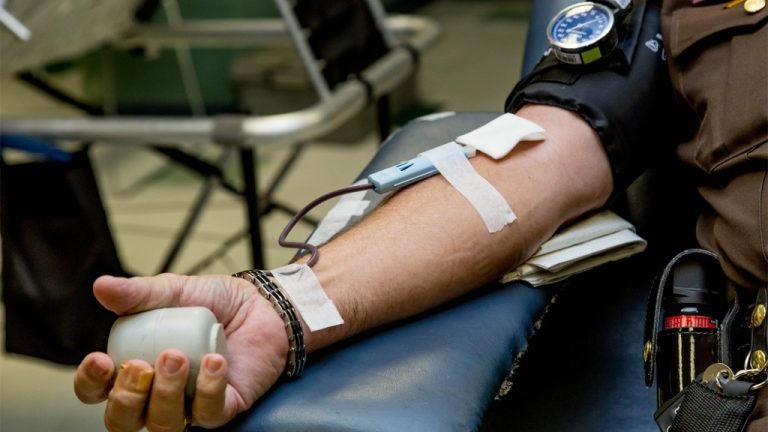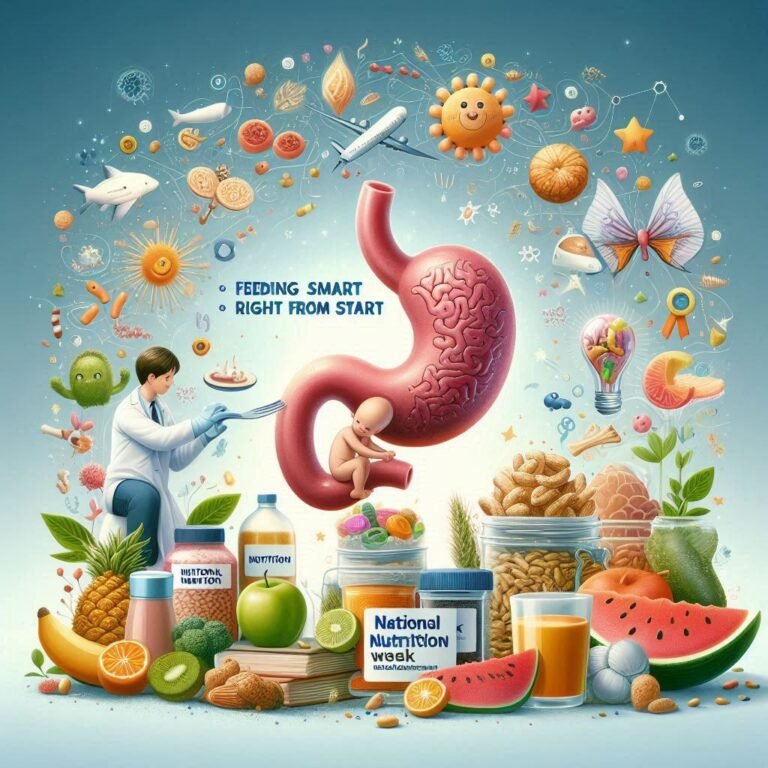It is the largest category for an RNA virus. In most cases, it is difficult to detect if coronavirus or a different cold-causing virus is causing you fever. Known as “COVID-19”, the newly identified coronavirus can cause pneumonia, and like other respiratory infections, it has an incubation of between 1 and 14 days. The official names COVID-19 and SARS-CoV-2 were issued by the WHO on 11 February 2020.
COVID-19 affects different people in different ways. Most infected people will develop mild to moderate illness and recover without hospitalization.
Most common symptoms:
fever ,cough ,tiredness ,loss of taste or smell
Less common symptoms:
sore throat ,headache, aches and pains ,diarrhoea, a rash on skin, or discoloration of fingers or toes ,red or irritated eyes
To prevent the spread of COVID-19:
- Maintain a safe distance from others (at least 1 meter), even if they don’t appear to be sick.
- Wear a mask in public, especially indoors or when physical distancing is not possible.
- Choose open, well-ventilated spaces over closed ones. Open a window if indoors.
- Clean your hands often. Use soap and water, or an alcohol-based hand rub.
- Get vaccinated when it’s your turn. Follow local guidance about vaccination.
- Cover your nose and mouth with your bent elbow or a tissue when you cough or sneeze.
- Stay home if you feel unwell.






